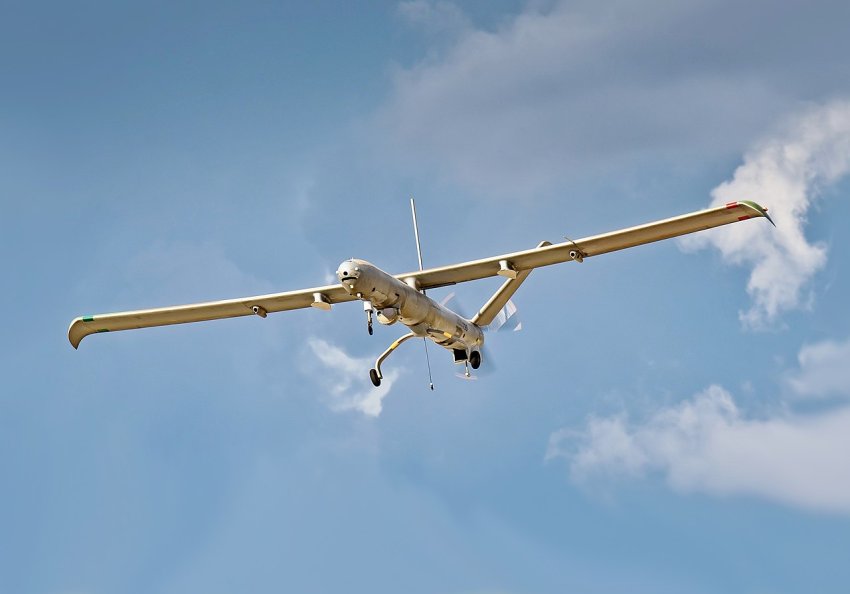
As the Australian government continues its vacuous utterances on Palestinian statehood, while denying it is supplying the Israeli Defense Forces (IDF) with weapons, efforts to unearth details of the defence relationship between the countries have so far come to naught.
The Department of Trade and Foreign Affairs’ Israel brief is skimpy.
It notes that, since 2017, there has been “expanded cooperation on national security, defence and cyber security” and since 2018, defence officials have had annual talks. Early that year Australia appointed a resident Defence Attaché to its Embassy in Tel Aviv.
Conspicuously absent are details of the Memorandum of Understanding (MOU) on defence cooperation, signed in 2017.
But 2017 was something of a critical year. The Australia-Israel Defence Industry Cooperation Joint Working Group was created that October.
The Department of Defence noted on August 22, 2018, that the intention was “to strengthen ties between Australia and Israel, explore defence industry and innovation opportunities, identify export opportunities, and support our industries to cooperate in the development of innovative technologies for shared capability challenges”.
Then Coalition defence minister Christopher Pyne also announced a new deal had been struck between Rafael, one of Israel’s largest defence companies, and Australian engineering company Varley.
“This partnership between one of Australia’s best defence companies and a global success story like Rafael is another success story for Australian industry,” said Pyne.
The Joint Working Group got busy signing new contracts, including a February 2018 contract between Israel-based Rafael Advanced Defence Systems with Australia’s Bisalloy Steels worth $900,000; the August 2018 joint venture between Varley and Rafael, behind such “leading weapons systems” as “the Spike LR2 anti-tank guided missile”; and from 2019 the Electro Optic Systems-Elbit Systems agreement, responsible for developing “a modular medium-calibre turret that can be configured for a range of platforms, including lightweight reconnaissance and heavy fighting vehicles”.
Australia awarded Elbit Systems, Israel’s notorious drone manufacturer and creator of the Hermes 450 aerial device, with a $917 million contract in February.
This type of drone was responsible for the killing of seven World Central Kitchen aid workers, including Australian Lalzawmi “Zomi” Frankcom.
The Australian Greens filed a Freedom of Information (FOI) request seeking a copy of the barely mentioned MOU after October 7.
After three months, the Defence Department decided to reject the application.
“The document within the scope of this request,” said the department’s letter, “contains information which, if released, could reasonably be expected to damage the international relations of the Commonwealth”.
The MOU “contains information communicated to Australia by a foreign government and its officials under the expectation that it would not be disclosed.”
Releasing “such information could harm Australia’s international standing and reputation”.
Israel played a role in the process because Defence notified Israel of the FOI request last December.
In February, the Netanyahu government responded with its views, on which we can only speculate.
The Greens were informed by the Australian Information Commissioner (OAIC) that the relevant decision maker in Defence “will consider the foreign government’s consultation response to make an informed and robust decision”.
Greens Senator David Shoebridge responded saying: “There is no place for secret arms treaties and secret arms deals between countries”.
Furthermore, he said there was “no place for giving other countries veto power over what the Australian government tells the public about our government defence and arms deals”.
The case is even more pressing given the International Court of Justice’s interim findings on genocide and allegations of war crimes in the Gaza Strip.
Australia’s FOI regime remains stringently archaic and pathologically secretive. Decision-makers are given directions to frustrate, not aid, applications to reveal information, notably on sensitive topics such as security, defence and international relations.
Spurious notions about “damage” to international relations are used to muzzle debate.
The OAIC has also shown itself to be weak, tardy and inefficient in reviewing applications. In March last year, it was revealed that there were almost 600 unresolved FOI cases, bottled up over three years.
The latest Defence Department refusal to disclose the Israel-Australian MOU to Members of Parliament, a decision reached after discussions with a foreign power, betrays much doubletalk regarding defence ties between Canberra, the IDF and the Israeli government.
[Binoy Kampmark currently lectures at RMIT University.]